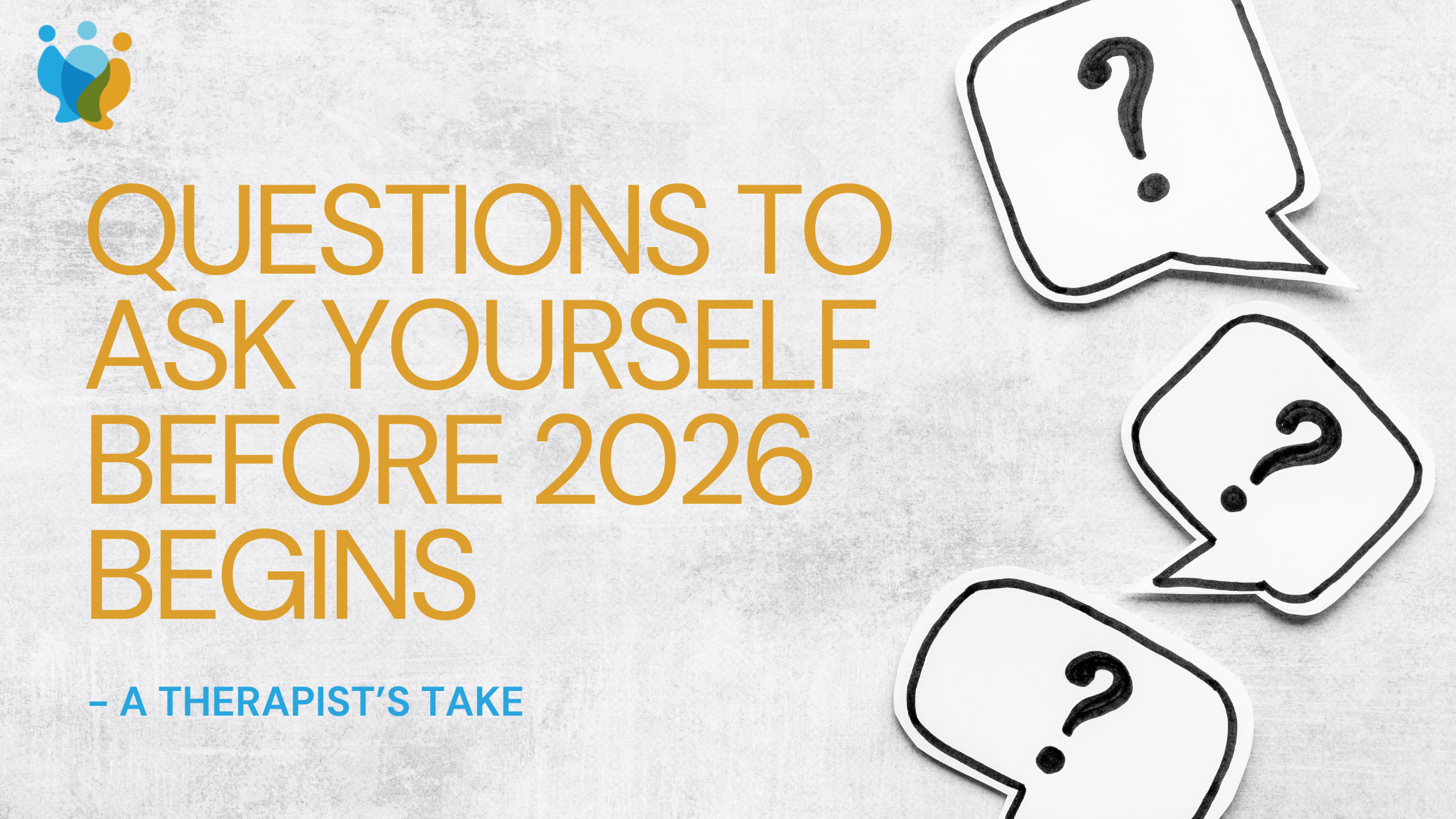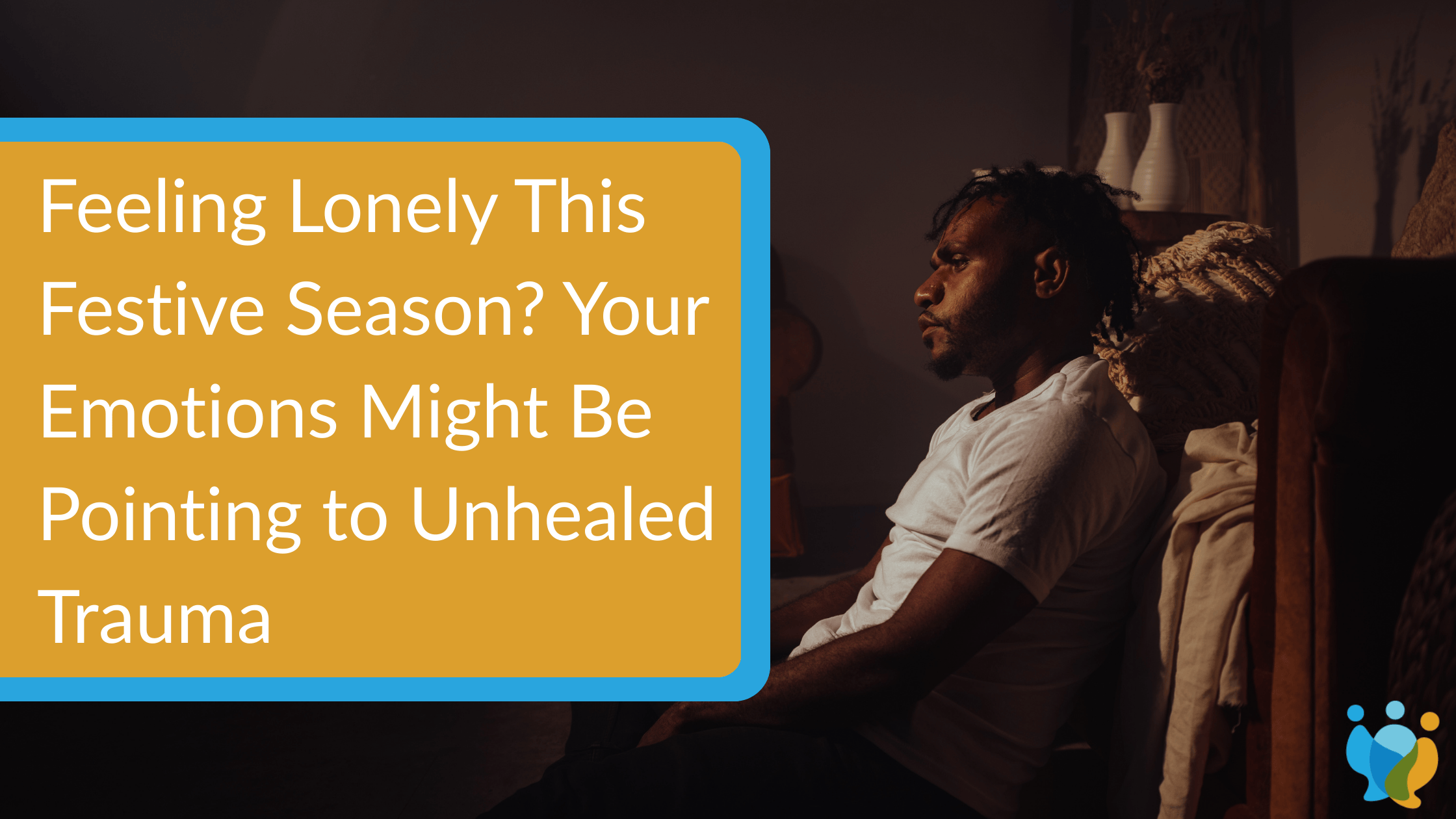Mental Health Awareness for Men in Kenya

Mental Health Awareness for Men in Kenya
You’ve probably heard the claims that women are more “emotional” or prone to mental health problems like depression and anxiety, while men are more stable and endure it well. But is this belief rooted in facts? Or is the reality far more complicated when it comes to gender and mental health?
In reality, research shows clear differences in how certain mental health conditions manifest in men and women. However, most do not make outright conclusions about one gender suffering more than the other because of various factors that affect gender differently.
Some key questions this article will address include: do men actually experience less mental illness overall than women? Or does stigma cause underreporting and undertreatment in men? How do social gender beliefs shape symptom expression and help-seeking behavior for men? Do men and women develop different conditions, or just experience similar illnesses differently? Let’s dive into the discussion.
Gender Differences in Mental Wellbeing
Many studies, including the one published by APA in the Journal of Abnormal Psychology, confirm that there are differences when it comes to mental well-being and illnesses. This study found that women who experience mental health issues are likely to internalize emotions, which results in extreme sadness, loneliness, and withdrawal.
Conversely, men more often externalize emotions, leading to impulsive behavior, aggression, and non-compliant behavior. These findings explain why men suffer more from substance abuse and antisocial disorders while women experience anxiety and depression.
In terms of suicide, numerous statistics have proved that men have a higher suicide death rate compared to women. For example, the second leading cause of death for males ages 15-29 globally is suicide—with men dying by suicide at almost four times the rate of women across age groups.
Another study recently published in the Mental State of the World Report found that there was a relative difference in mood, frame of mind, and mind-body connection between genders. For example, compared to men, women experienced more feelings of fear, anxiety, and pain, while men had more issues with feelings of empathy and addictions. From these and other statistics, it is not that men suffer less from mental health issues. It is that each gender processes various challenges differently.
Real-Life Scenarios in Interpretations of Gender Differences
As you reflect on your own life experiences, you may notice examples of these patterns. Perhaps you had a girlfriend who responded to difficulties by becoming withdrawn and isolating herself, while a boyfriend lashed out in anger when upset. Or maybe you observed how a wife coped with anxiety through obsessive worry while her husband drank away his stress.
In your family or friends, you may be able to identify cases where women’s depression went undiagnosed and dismissed as normal emotionality. But a man’s alcoholism was recognized as a disease needing treatment.
Think about times when a man was told to “man up” (or as it is said in Swahili, “Kaa Ngumu” or “Mwanaume ni Kujikaza”) and stop being weak if he opened up about feeling depressed. But a woman readily received support for similar feelings by being encouraged to “express herself.” These diverse reactions show that society needs more sensitization on understanding mental health issues between genders.
Related: Emotional Intelligence: Why It Matters And How You Can Cultivate It.
Contributing Factors to Gender Differences In Mental Health Issues
Gender differences in mental health issues are influenced by a combination of biological, psychological, social, and cultural factors. While it’s important to note that individual experiences vary, there are some general contributing factors that differentiate the sexes.
Biological Factors
- Hormonal Fluctuations: Women may experience increased risk for conditions like depression and anxiety during periods of hormonal change like puberty, menstruation, pregnancy, and menopause. While men’s testosterone level stabilizes after puberty.
- Genetic Predisposition: Certain mental health conditions have a genetic and hereditary link. This means that having a close family member with a disorder increases your risk of developing it. And there is a noticeable prevalence of these hereditary risks between biological males and females.
Psychological Factors:
- Coping Styles: Women tend to use more emotion-focused coping styles, like seeking social support, while men often use more problem-focused or avoidance strategies. This can influence mental health outcomes.
- Emotional Expression: Social norms often dictate that men suppress emotions like fear, sadness, and vulnerability, while women are allowed to express a wider range of emotions.
- Risk-Taking Behaviors: Men have higher rates of behaviors like substance abuse, aggression, and impulsivity, which are linked to mental health conditions like antisocial disorders.
Social and Cultural Factors
- Societal Expectations: Traditional gender roles, like men being providers and women being caregivers, shape socialization and mental health expectations. Violating these can create distress.
- Access to Resources: Women generally have lower incomes, limiting access to mental health services. They also have higher rates of poverty, which is linked to poor mental health. Although the gap is closing in as women’s empowerment continues.
- Gender-Based Violence: Women have high rates of sexual assault and abuse, leading to trauma disorders. The stigma around reporting may worsen outcomes.
- Workplace Stress: Job-related stress manifests differently, with men facing blue-collar pressures and women subject to emotional labor expectations.
Cultural and Societal Norms
- Mental Health Stigma: Social stigmas about mental illness affect both genders, but men are less likely to seek help due to expectations of self-reliance.
- Cultural Definitions of Gender: Rigid concepts of masculinity and femininity across cultures affect how mental health is perceived. Men’s issues may be overlooked.
- Parenting Stress: As primary caregivers, women face unique parenting demands that may result in mental health risks like depression, anxiety, and stress.
Understanding how these factors affect each gender helps to avoid generalizing and oversimplifying mental health issues in both sexes. It also assists in giving a holistic and sensitive approach to mental health support that considers how individuals experience life based on their gender.
Risk Factors for Mental Health Issues in Men

Men’s mental health is as important as women’s, but they are often overlooked because of the assumption that they can and should weather every storm in life. But, men face diverse risk factors that harm their mental well-being. Examples of risk factors, if present, may affect a man’s mental well-being include:
- Social isolation: Men often have smaller social support networks and are less likely to reach out for help due to stigma around appearing “weak.” Loneliness is a major predictor of depression in men.
- Work stress: Men’s traditional breadwinner role can create huge pressure to provide for families financially. Job loss or failure to meet expectations can damage self-worth.
- Suppressed emotions: Social conditioning for men to restrict emotional expression can lead to inner distress. Bottling up feelings can increase anger, substance abuse, and suicide risk.
- Relationship problems: Divorce and family estrangement are strongly associated with higher rates of male depression, heavy drinking, and suicide.
- Chronic health issues: Conditions like cancer, heart disease, diabetes, and infertility can impact men’s well-being and heighten clinical depression risk.
- Trauma and violence: Men who experience abuse, assault, accidents, and disaster exposure are more likely to experience PTSD, anxiety, and substance abuse risks.
- Role transitions Retirement, empty nest, and aging prompt identity adjustments some men struggle with, increasing isolation and purposelessness.
If you or a man you know has gone through one or several of these challenges, they could be experiencing mental or emotional distress. You may not notice it openly because of toxic societal beliefs like “boys don’t cry ” which create shame around seeking mental healthcare and discourage men from healthy expression.
Impact of Stigma on Men’s Mental Wellbeing
Stigma surrounding men’s mental health issues leads to feelings of shame, dishonor, or disgrace. Men who express their emotional or mental distress, ask for support from family or friends, or seek professional help are often viewed as weak and an embarrassment to those associated with them. This unhealthy mindset from the men themselves and society results in the following outcomes shown in the table.
| Impact of Stigma | Men’s Response |
| Hesitation to seek help | Fail to reach out for mental health support due to fear of appearing “weak” |
| Masking issues | Hide or compensate for mental health struggles by projecting an image of being in control, which worsens the problem |
| Self-reliance | Wrongfully believe they should handle issues rather than get assistance |
| Social isolation | Withdraw from friendships and social activities in order to conceal struggles, increasing loneliness and distress |
| Unhealthy coping | Turn to risky substance use, aggression, reckless behaviors, or overworking to manage difficult emotions |
| Suicide ideation and attempts | Consider suicide as a way to escape the burden of dealing with issues on their own |
What You Can Do to Reduce Stigma
The heavy stigma surrounding mental health issues in men creates barriers to support and treatment at every turn. However, making progress on this pressing public health issue is possible through various personal and social strategies. Some progress is already being made as we now have November as Men’s Mental Health Month. Some ways you can take part in reducing the stigma surrounding mental health challenges in men are:
- Educate yourself on the facts. Learn about mental health issues common in men so you can spot symptoms in friends and dispel stereotypes.
- Keep communication open. Share your own experiences if comfortable, and lend an empathetic ear when others open up. Discussing mental health shouldn’t be a taboo.
- Mind your language. Avoid using belittling terms that enhance stereotypes. Maintain respect and understanding in discussions.
- Challenge traditional notions of masculinity that prevent vulnerable expression. Explain that strength in men also includes seeking help when needed.
- Respond supportively if a man you know is struggling. Encourage getting professional help while reassuring them that their well-being matters.
- Reflect on personal biases. For example, how have you been thinking about emotional men? Acknowledge prior judgmental beliefs so you can adopt a more compassionate view.
- Promote self-care practices like exercise, mindfulness, and healthy coping skills for yourself and those around you.
At Clarity Counseling and Training Centre, we understand the need for men to seek mental health support. That’s why we have tailored expert counselling services in Kenya fit for men. We use an approach that does not dwell on your emotions but is meant to help you address your challenges. We assure you of confidentiality throughout the process. Book your first appointment with us today.









